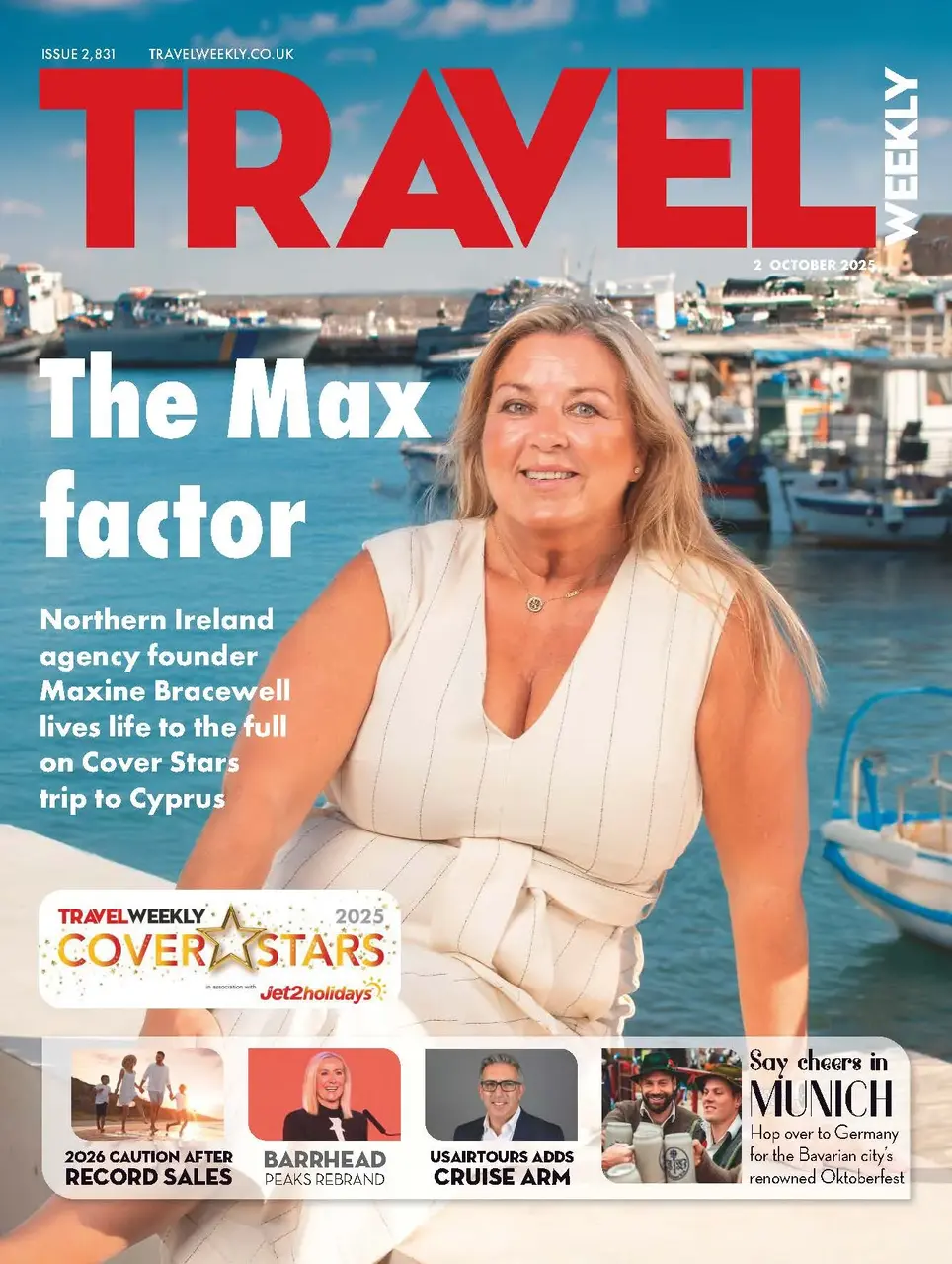You are viewing 1 of your 2 free articles
InteleTravel wants most agents to be full-time under new strategy
InteleTravel would like the majority of its homeworkers to become full-time agents as part of a shift in the business’s approach.
The company has traditionally marketed itself as a means of entering the travel industry and earn a supplementary income, with the bulk of its 27,000 agents working part-time.
But the business has started actively encouraging agents to pursue full-time travel businesses if they have that aim.
InteleTravel UK managing director Tricia Handley-Hughes (pictured) said: “I’d love to have 60% of our agents working full-time in travel.”
More: InteleTravel outlines ambition to become ‘top 20 Atol holder’
Company president and co-founder James Ferrara confirmed the agency had begun following a fresh approach.
He said: “Historically our messaging has been more about the flexibility of time and the range of participation you could have with us, so we really have played to the part-time approach, but what we’ve been hearing since the pandemic is that agents want to rely on this for their full-time career.
“Since that’s what we’ve been hearing, we’ve designed programmes to help them get there.”
Training programmes and support have been put in place to help steer agents towards the receipt of larger commission payments.
Handley-Hughes said: “It’s about getting these new agents to their first £1,000 commission and once they’ve got that, they know they have achieved something.
“But then you look at the £2,000 – £5,000 commission and that’s really the buy-in point. That’s the sweet spot they love. It’s when they’ve got the confidence and they’re getting regular good-sized income coming in for commissions.
“And then you’ve got the £10,000 level where people are working on travel and nothing else.”
She added that the company’s business model continued to lend itself to those wishing to work part-time, but suggested it would be “great” to grow the number of full-time agents to the point where they are in the majority.
Ferrara said InteleTravel provides people with a way to get started in travel and it has developed a “transitional approach”, adding: “It seems to work very well.”


















